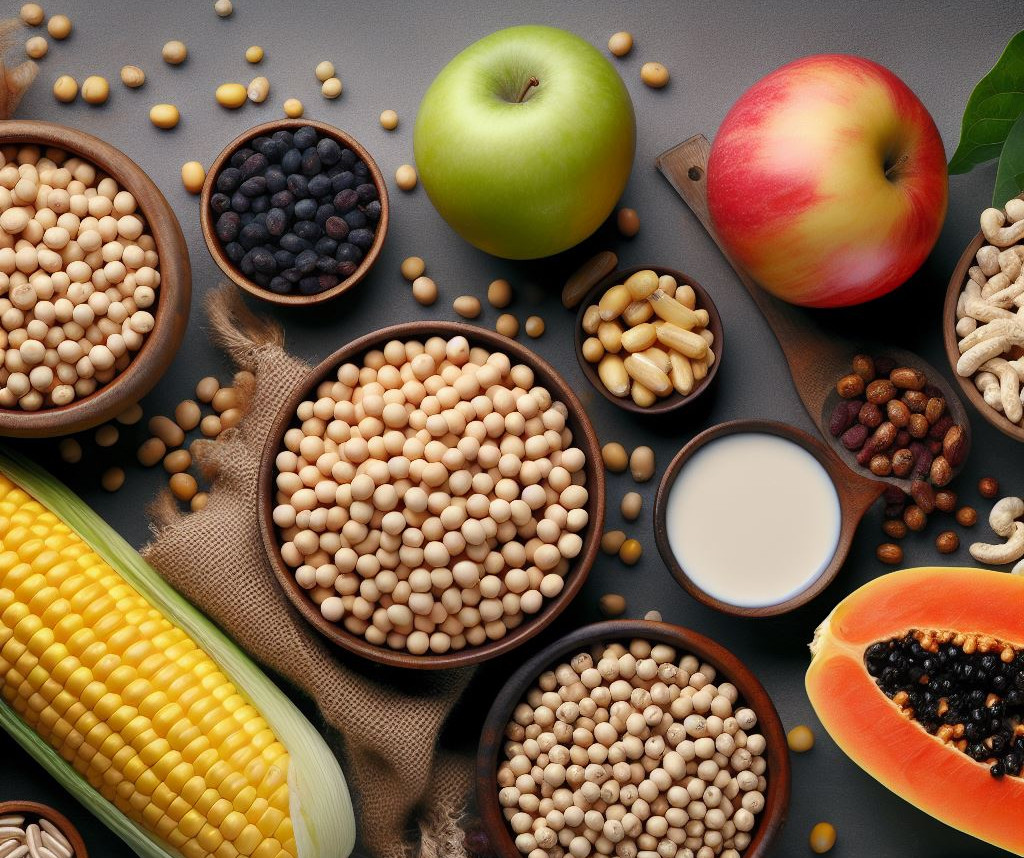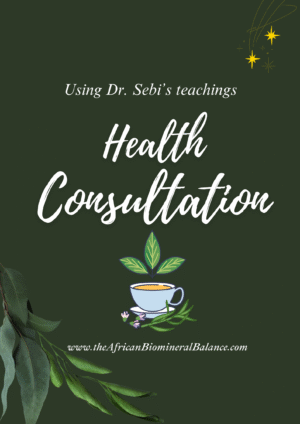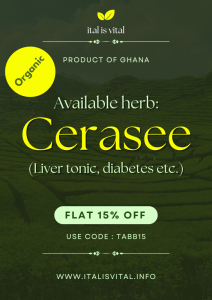Dr. Sebi did not support the consumption of genetically modified organisms (GMOs) as part of his dietary guide. His dietary approach, often referred to as the “Dr. Sebi Nutritional Guide,” emphasized a natural, plant-based diet. There are several reasons why Dr. Sebi and many proponents of natural and holistic nutrition do not endorse GMOs:
- Lack of Naturalness: One of the core principles of Dr. Sebi’s dietary principles is the belief in consuming foods as close to their natural state as possible. GMOs are engineered through genetic modification techniques, altering the genetic makeup of plants or animals, which makes them unnatural.
- Potential Health Concerns: There has been ongoing debate and concern about the potential health risks associated with GMO consumption. Some studies have suggested potential adverse effects, such as allergenicity and unintended consequences from genetic modifications. Dr. Sebi and others who share his dietary principles choose to avoid GMOs due to these concerns.
- Environmental Impact: Critics of GMOs also point to environmental concerns, such as the use of pesticides and herbicides on genetically modified crops. Dr. Sebi’s dietary principles often emphasizes not only individual health but also the health of the planet, and avoiding GMOs can be seen as a way to support more sustainable and environmentally friendly agriculture.
- Alignment with Natural Healing: Dr. Sebi’s dietary recommendations were rooted in his belief in the body’s natural ability to heal itself. By consuming foods that are as close to their natural state as possible, he aimed to provide the body with the nutrients it needs for optimal health and healing. GMOs do not align with this natural healing approach, as they involve artificial genetic modifications.
Top 10 GMO foods consumed
Genetically modified organisms (GMOs) have become increasingly common in the food supply over the years, and many staple crops and processed foods may contain GMO ingredients. However, it’s important to note that regulations and labeling requirements regarding GMOs can vary by country. Here is a list of some of the top GMO foods that are commonly consumed:
- Soybeans (Glycine max): Soy is one of the most widely genetically modified crops. GMO soy is used in various food products, including soy-based foods, vegetable oils, and processed foods.
- Maize/Corn (Zea mays): Corn is another extensively modified crop and is used in countless products, from corn-based cereals to corn syrup, and even as animal feed.
- Cottonseed Oil (Gossypium hirsutum): Cotton plants are genetically modified, and cottonseed oil is used in some cooking oils and processed foods.
- Canola Oil (Brassica napus): Canola is commonly genetically modified, and canola oil is a major ingredient in many cooking oils and processed foods.
- Alfalfa (Medicago sativa): GMO alfalfa is often used as animal feed, especially for dairy cows.
- Sugar Beets (Beta vulgaris): Genetically modified sugar beets are used to produce sugar, and many sugar products may contain GMOs.
- Papayas (Carica papaya): Some varieties of papayas, especially those from Hawaii, have been genetically modified to resist what is called they ‘ringspots’.
- Zucchini and Yellow Squash (Cucurbita pepo): Some zucchini and yellow squash varieties are genetically modified to resist certain pests.
- Apples (Malus domestica): Genetically modified apples, specifically the Arctic Apple, have been engineered to resist browning.
- Salmon: GMO salmon, known as the AquAdvantage salmon, has been ‘approved’ in some regions. It grows faster and larger than non-modified salmon.
It’s important to emphasize that GMO regulations and food labeling requirements can differ from one country to another. Additionally, the landscape of GMOs in food production is continually increasing.
For the most up-to-date and specific information on GMOs in your region, it is advisable to consult government agencies, food regulatory bodies, and organizations that focus on GMO issues. Be sure to check product labels for information about GMO content, where required by law.














